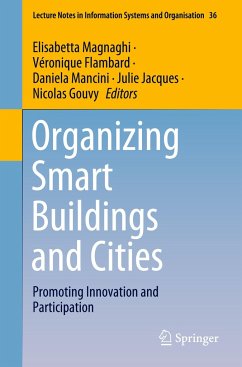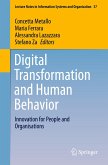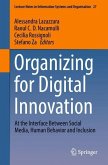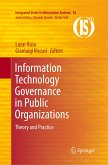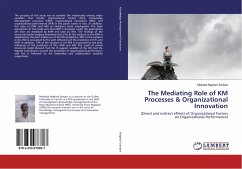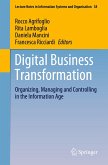The United Nations included sustainable cities and communities in its 2030 SDGs. Cities and, on a smaller scale, neighborhoods, building managers and firms are now adopting technologies and information systems to help achieve the energy, economic, social and environmental transition. This volume gathers contributions on the key organizational success factors for this transition.
To do so, it analyzes the role of information systems, use of data, and technological assistance solutions from multiple perspectives. The goal is to develop a framework that can successfully apply information systems to organizational and environmental issues for smart cities and smart buildings. Accordingly, the book addresses living-lab experiment evaluation techniques, and provides critical analyses of the role of the environment, context and users' behavioral responses. In addition, it discusses key questions on the efficient management of resources, need for appropriate IT solutions, and employing co-creation with users to improve planning and organization.
To do so, it analyzes the role of information systems, use of data, and technological assistance solutions from multiple perspectives. The goal is to develop a framework that can successfully apply information systems to organizational and environmental issues for smart cities and smart buildings. Accordingly, the book addresses living-lab experiment evaluation techniques, and provides critical analyses of the role of the environment, context and users' behavioral responses. In addition, it discusses key questions on the efficient management of resources, need for appropriate IT solutions, and employing co-creation with users to improve planning and organization.
"The book's 12 chapters give very colorful approaches to the notions, aims, and technologies applied in ongoing experimental projects. ... The book is a pleasurable and inspiring read for those who are interested in the expectable locality and future way of life." (K. Balogh, Computing Reviews, October 6, 2022)

